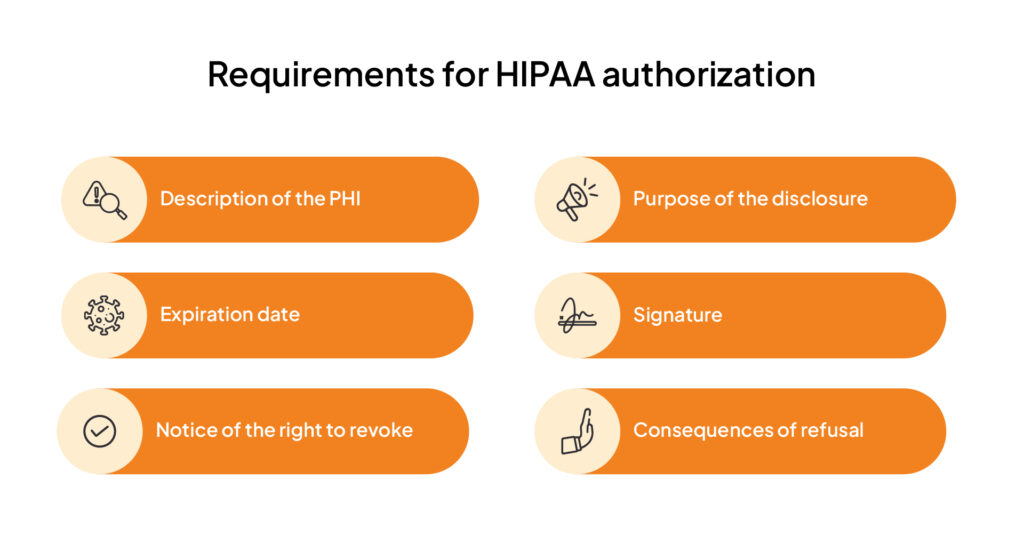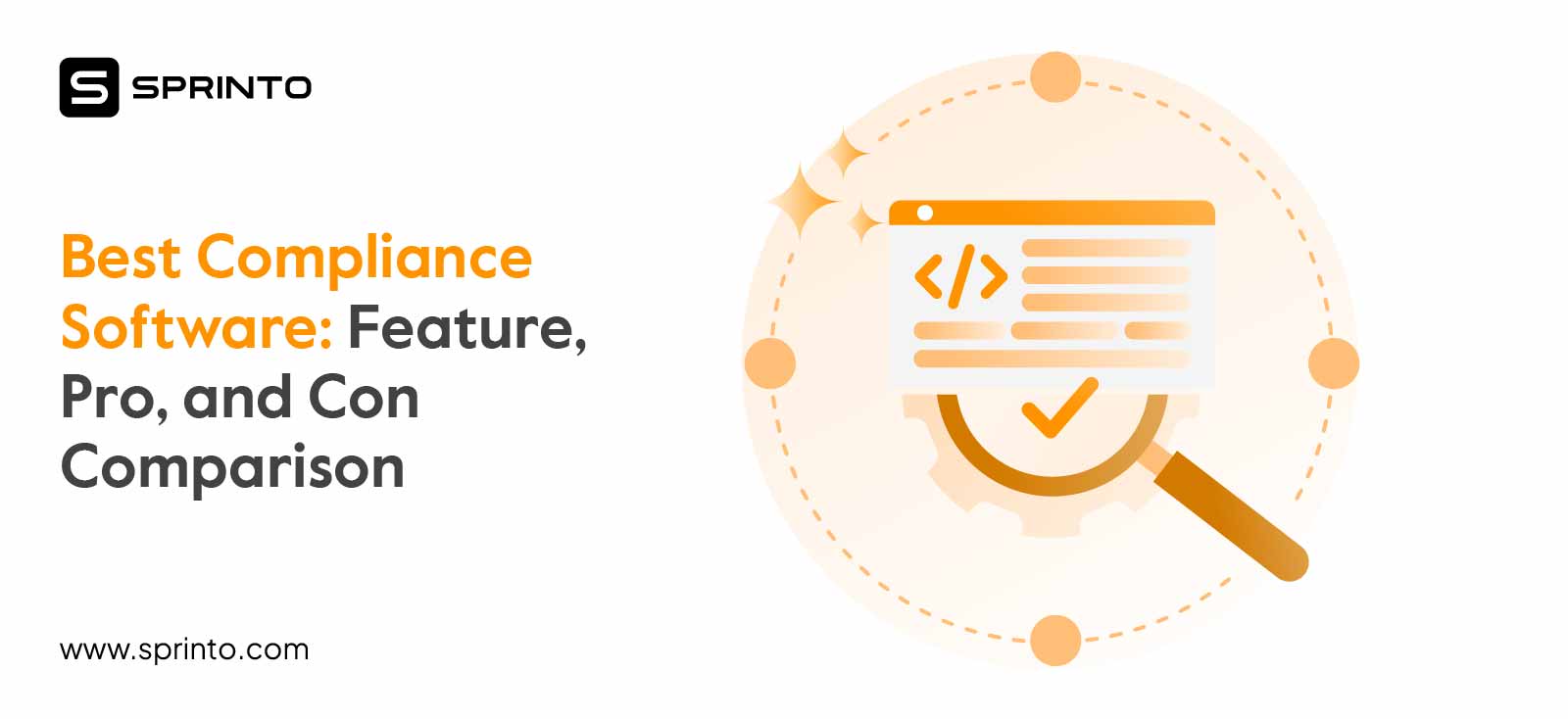What is a HIPAA Authorization and How Does it Work?
Shivam Jha
Mar 29, 2024

The Health Insurance Portability and Accountability Act of 1996 (HIPAA) is a federal law that mandates the development of international guidelines to safeguard sensitive patient health information from being disclosed without the patient’s knowledge or agreement.
A HIPAA authorization is permission from a person that allows a covered entity or business partner to use or disclose that person’s protected health information to someone else for a purpose that is not otherwise permitted by the HIPAA Privacy Rule. An authorization must be in writing, worded clearly, and contain particular clauses in order to be considered legal.
The HIPAA Privacy Rule allows certain entities covered by the HIPAA Rules, including healthcare providers, health plans, healthcare clearinghouses, and business associates of those companies, to share health information with one another.

HIPAA specifies the uses and disclosures of Protected Health Information (PHI) that require authorization from a patient or plan member before being shared or used. Here are some of the reasons for which you need HIPAA authorization:
- Use or disclosure of PHI that is otherwise forbidden by the HIPAA Privacy Rule.
- Use or disclosure of PHI for marketing purposes is prohibited unless the covered entity and the individual are speaking face-to-face or the communication involves a promotional gift with a low value.
- Usage or disclosure of psychotherapy notes for purposes other than particular medical operations, payment, or treatment.
- Usage or disclosure of records of drug abuse and treatment.
- Disclosure or Use of PHI for Research.
- Before selling PHI.
The Code of Federal Regulations (CFR) section 45 CFR §164.508 outlines the requirements for obtaining HIPAA authorization. It is important to note that the authorization must include specific details about the PHI being disclosed, the purpose of the disclosure, and the duration of the authorization.
It is very crucial that you understand the requirements of HIPAA authorization, as the safety of sensitive patient data is the priority in this compliance, and failing to adhere to the protocols can incur severe penalties. Let’s have a look at the requirements for HIPAA authorization:

Clear and specific language
The authorization must be written in clear and concise language that the individual can easily understand. This ensures that the individual is fully informed about the disclosure of their PHI and understands the purpose of the disclosure.
Description of the PHI
The authorization must identify the specific PHI that will be disclosed, such as medical records, test results, or treatment plans.
Purpose of the disclosure
The authorization must describe the purpose of the disclosure. There are three primary purposes for which PHI may be disclosed without authorization: treatment, payment, and healthcare operations. However, suppose the disclosure is for a purpose other than these three. In that case, the authorization must clearly state the specific purpose for disclosing the PHI.
Expiration date
The authorization must have an expiration date or state an event that will trigger the end of the authorization. This ensures that the disclosure is not ongoing and that the individual’s PHI is not being disclosed without their knowledge or consent.
Signature
The authorization must be signed and dated by the individual or their legal representative. This confirms that the individual has agreed to the disclosure of their PHI and understands the terms of the authorization.
Notice of the right to revoke
The authorization must include a statement that states that the individual has the right to revoke the authorization at any time. This allows the individual to change their mind about the disclosure of their PHI and to withdraw their consent.
Consequences of refusal
The authorization must specify that the person’s right to decline to sign it won’t have an impact on their access to care or benefits. This guarantees that the person is not forced into signing the authorization and that their access to healthcare or benefits won’t be harmed if they don’t.
It’s important to keep in mind that not all PHI disclosures require HIPAA authorization. Healthcare professionals may disclose PHI without a patient’s consent in some circumstances, such as when it’s necessary for payments, treatments, or healthcare operations.
Also check out: HIPAA compliance checklist
Bringing it all together
HIPAA authorization is an important part of safeguarding sensitive patient health information. It is necessary when PHI is utilized or shared for actions that are prohibited under the HIPAA Privacy Rule.
HIPAA authorization must be obtained from the individual before revealing or using their PHI, and it must meet certain requirements, including straightforward language, a description of the PHI, the purpose of the disclosure, an expiration date, a signature, a notice of the right to revoke, and an explanation of the consequences of refusal.
Healthcare providers must ensure that these rules are met in order to protect patient privacy and avoid potential HIPAA penalties.
FAQs
Is HIPAA authorization a legal document?
HIPAA authorization is a legitimate legal document. In order for a covered entity or business partner to use or disclose a patient’s protected health information for a reason that is not otherwise permitted by the HIPAA Privacy Rule, the patient must give written consent.
What is the difference between HIPAA authorization and informed consent?
In the healthcare business, informed consent and HIPAA authorization are two different ideas. Using or disclosing protected health information (PHI) for a reason that is not otherwise permitted by the HIPAA Privacy Regulation requires HIPAA authorization.
In contrast, informed consent is the procedure used to secure a patient’s willing consent to undergo a medical surgery or treatment after fully disclosing the risks, advantages, and available options.
How long is a HIPAA authorization valid?
A HIPAA authorization is effective until the expiration date or the time frame specified in the document has passed. The authorization may be in effect for an agreed-upon amount of time, such as six months or a year, or it may be in effect indefinitely. The authorization is valid until it is revoked by the owner or until its intended use has been achieved if no expiration date is stated.
Shivam Jha
Shivam is our in house cybersecurity sage with over six years of experience in cybersecurity under his belt. He is passionate about making the digital world safer for everyone and whipping up Indian delicacies on the weekend.
Grow fearless, evolve into a top 1% CISO
Strategy, tools, and tactics to help you become a better security leader
Found this interesting?
Share it with your friends
Get a wingman for
your next audit.
Schedule a personalized demo and scale business

Sprinto: Your growth superpower
Use Sprinto to centralize security compliance management – so nothing
gets in the way of your moving up and winning big.


